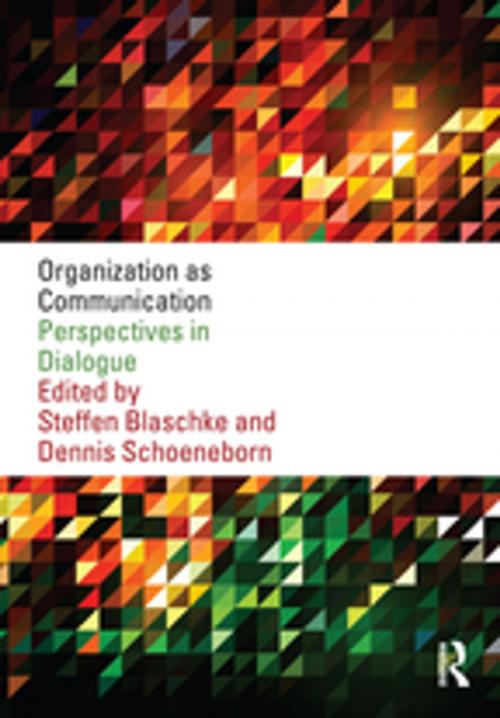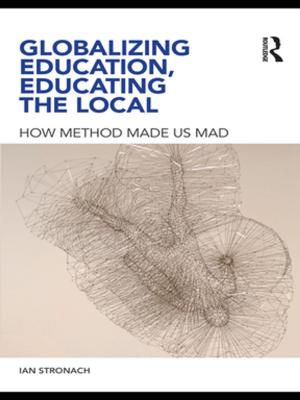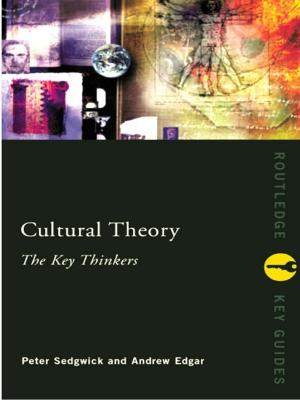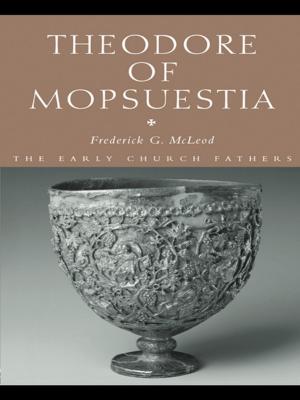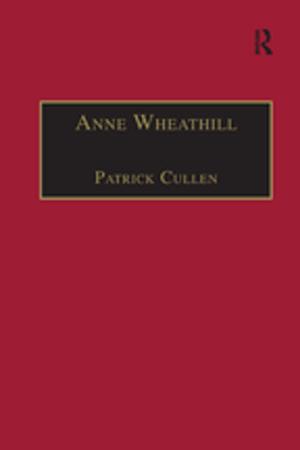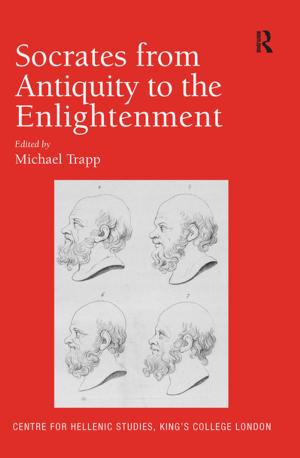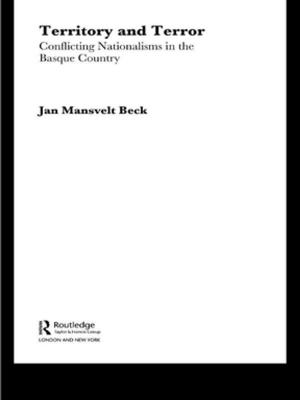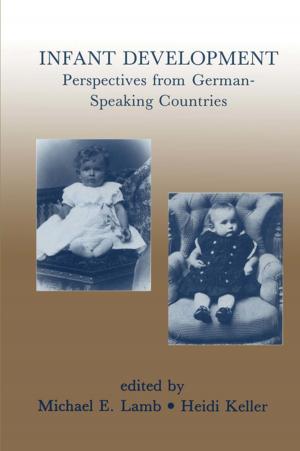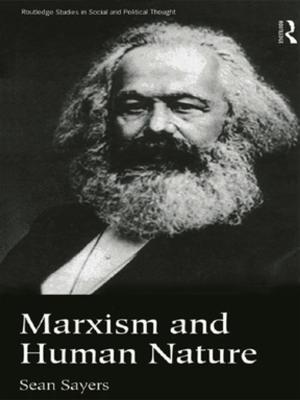Organization as Communication
Perspectives in Dialogue
Nonfiction, Reference & Language, Language Arts, Communication| Author: | ISBN: | 9781317228547 | |
| Publisher: | Taylor and Francis | Publication: | December 8, 2016 |
| Imprint: | Routledge | Language: | English |
| Author: | |
| ISBN: | 9781317228547 |
| Publisher: | Taylor and Francis |
| Publication: | December 8, 2016 |
| Imprint: | Routledge |
| Language: | English |
The idea that communication constitutes organization (CCO) provides a unique perspective to organization studies by highlighting the fundamental and formative role of communication for organizational phenomena of various kinds. The book features original works that address the idea of organization as communication in the light of other theories, related concepts, as well as the tension between strategy and emergence. The first set of chapters discusses the idea of organization communication in the light of critical works of European scholars (Habermas, Honneth, and Günther). The second set of chapters reflects on a range of concepts such as institutions, routines, and leadership from a CCO perspective. The final set of chapters examines the tension between strategic and emergent communication by drawing on new methodology and empirical evidence.
The chapters are set into dialogue with some of the most prominent proponents of CCO scholarship. The book offers an important contribution to CCO thinking by adding European perspectives on organization as communication. It connects the primarily North American approach and European traditions of theoretical thought to existing debates in communication and organization studies.
The idea that communication constitutes organization (CCO) provides a unique perspective to organization studies by highlighting the fundamental and formative role of communication for organizational phenomena of various kinds. The book features original works that address the idea of organization as communication in the light of other theories, related concepts, as well as the tension between strategy and emergence. The first set of chapters discusses the idea of organization communication in the light of critical works of European scholars (Habermas, Honneth, and Günther). The second set of chapters reflects on a range of concepts such as institutions, routines, and leadership from a CCO perspective. The final set of chapters examines the tension between strategic and emergent communication by drawing on new methodology and empirical evidence.
The chapters are set into dialogue with some of the most prominent proponents of CCO scholarship. The book offers an important contribution to CCO thinking by adding European perspectives on organization as communication. It connects the primarily North American approach and European traditions of theoretical thought to existing debates in communication and organization studies.
